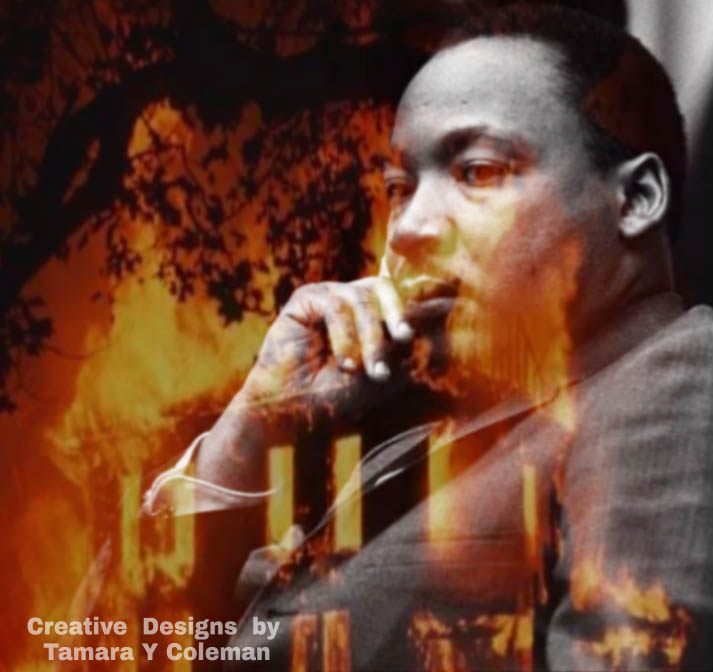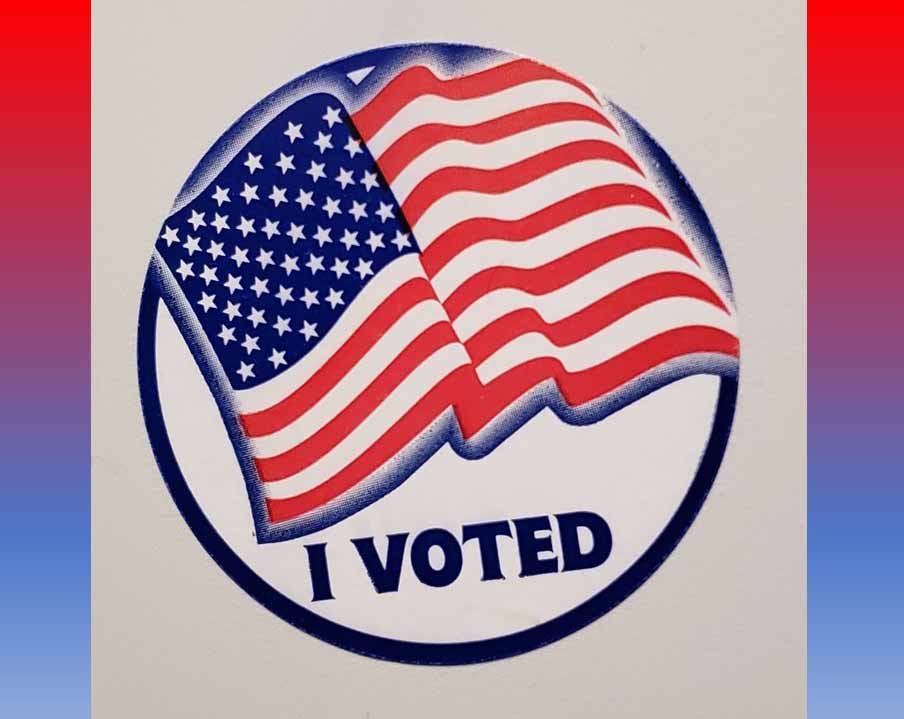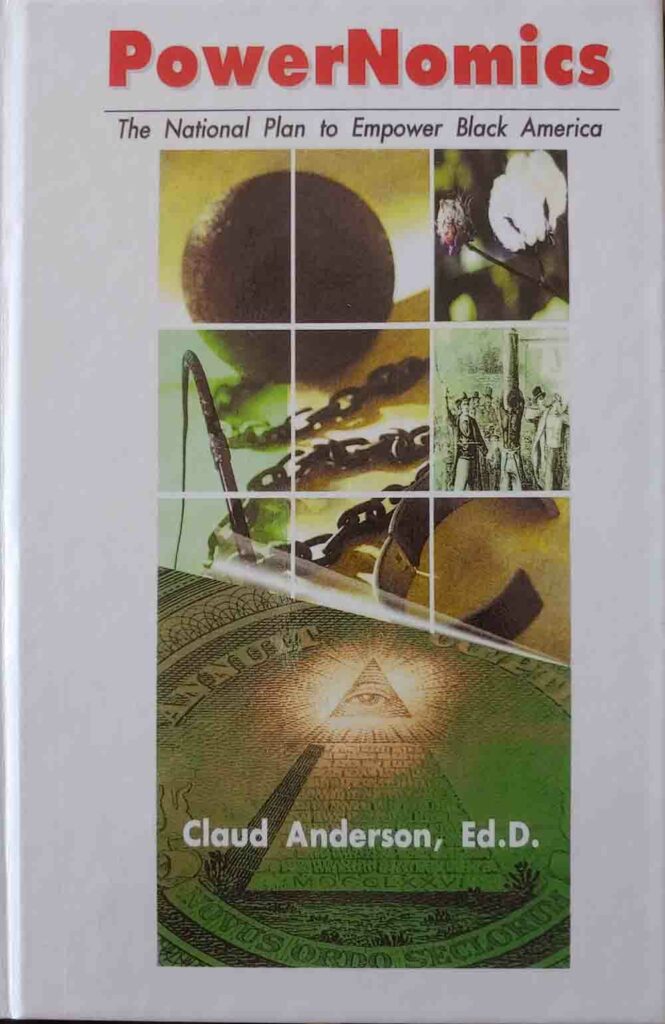
A Quick Plug for My Book
Hello. Thank you for clicking on this link, and I hope you enjoy this essay. Writing a book was the genesis of my blogging, and becoming a video content creator. I have published part one of my book project entitled, The Engineers: A Western New York Basketball Story. It is currently available on Amazon in eBook, hardcover, and paperback formats. Shortly I will be selling signed hardcover and paperback copies on my online store entitled, Big Words Authors. You can place an order now if you want a signed copy. There is also a page discussing the book. Please consider visiting it to learn more about the project, and to see the promotional content I’ve created for the project. And now on to our feature presentation.
“I fear I have integrated my people into a burning house!”
The Image of the Burning House
Before I start this piece, I want to acknowledge the creator of its primary image. It was generated by ‘Creative Designs’, and by the very talented Tamara Coleman. If you want to learn more about Tamara and her work, contact her via email at: Tammy-cole@hotmail.com.
The Power of History and Storytelling
This Black History blog post falls under my principles of Critical Thought and Financial Literacy/Money. Here on my blog and on my YouTube channel, Big Discussions76, I challenge readers and viewers to question things and not just accept the images and messages presented to them. This is particularly important for this election year where we voters are sure to be slammed with all kinds of propaganda and biased reporting by the mainstream news sources.
One of the interesting things about history is that he or she who controls the narrative controls the minds and the perceptions of the masses regarding what happened for a given person or event. Some argue that all the technology we have today has made the world worse, and there are cases where that’s true. I usually counter that sentiment by arguing that in some ways it has made it better. One way it has made the world better is through the ability to share information, so that more accurate and complete stories can be told.
Dr. King’s Dream Fulfilled?
When we think about Dr. Martin Luther King Jr., we often think back to his historic ‘I Had A Dream’ speech, his philosophy of non-violence, the marches, his time spent in jail, and then his tragic assassination. But there was so much more to the legendary face of the Civil Rights Movement. In my 2019 blog post entitled, Whose Job Is It To Teach Black History?, I discussed Dr. Michael Eric Dyson’s revelation that Dr. King had extramarital affairs and why I thought it was important to know about them–something also depicted in the movie Selma.
Another important revelation for me regarding Dr. King was my mentor sharing that just as many black people wanted to take his life as white people, if not more. It’s odd (and unsettling) to think something like that could happen, but information and perspectives that are being shared now may give insight as to why. Something that classically hasn’t gotten as much exposure, but which is now gaining traction in certain circles today, is Dr. King’s final thoughts on his life’s work.
Dr. King’s signature victory was the Civil Rights Act of 1964, but it turns out that before his death, he wondered if he’d spent his life fighting for the wrong things. He pondered if he’d led his people in the wrong direction as discussed in the opening quote of this blog post. This is a good place to ask an important question. What exactly happened in 1968 that warranted Dr. King’s assassination as opposed to one of the previous years? A prevalent theory is that Dr. King’s focus had shifted from social integration and desegregation to economic and financial equality/power and empowerment. His final effort was in fact the Poor People’s Campaign.
“We’re coming to Washington to get OUR check!” In footage not widely shared until recent times, Dr. King is captured discussing how the federal government financially supported other ethnic groups throughout the history of the United States in legislation like the Homestead Act. Dr. King realized that with such government support, black people could ascend and become whole in the United States. He was planning to return to Washington, DC, not for civil rights but for economic rights. “We’re coming to Washington to get OUR check!”
Who is Dr. Claud Anderson?
At this point I want to introduce Dr. Claud Anderson and then I’m going to bring the two men together at the conclusion of this piece. For those unfamiliar with him, Dr. Claud Anderson is an author/economist/historian and a former cabinet member of President Jimmy Carter. For 40 plus years of my life, I was unaware of Dr. Anderson and I only became aware of him due to the vigilance of Dr. Boyce Watkins, who I watch regularly on YouTube and who I also follow on Twitter. This, in part, underscores the good our new technologies have done.
Dr. Watkins is unapologetically black, a staunch advocate of black love, is considered controversial by some, and while he regularly weighs in on some of the social issues of the day (recently Lizzo for example), his background is in economics, money and investing. His core messages are thus about black people learning how to invest and build businesses. He’s very, very passionate about black kids learning to buy stock and build businesses as early as possible and he has programs for teaching such skills to both children and adults. He argues that this is more important than our kids learning to do the latest dances or excelling at football or basketball.

I don’t recall when Dr. Watkins started bringing Dr. Claud Anderson onto his show, but once he did it was easy to see why, and why he looks upon Dr. Anderson with such reverence. I’d encourage any readers to look up any of Dr. Anderson’s discussions with Dr. Watkins, and then any of Dr. Anderson’s abundance of interviews available on YouTube. He had a powerful discussion with the popular ‘Breakfast Club‘, and over the holiday season I stumbled upon an interview of Dr. Anderson from 1995 in Detroit. He had another powerful interview with Rock Newman here in DC. The interviews are below:
What’s remarkable about the 1995 interview was that Dr. Anderson spoke on everything that’s unfolding today. One point was the efforts to bring in immigrants into the United States to undermine the black vote and I’ll leave that there. It’s a very polarizing topic as ironically many black people support the same politicians who are looking to enforce these policies. The year of 1995 was just prior to the internet becoming mainstream. Interestingly, even when transferring to my Historically Black College/University (HBCU), I don’t remember any mention of Dr. Anderson, which is very strange. As noted before, the same is true for intellectuals like Dr. Thomas Sowell and Dr. Walter E. Williams, black conservatives, but ‘intellectual heavyweights’ nonetheless.
Then again, it’s not strange as Dr. Anderson discussed how the individuals who decide which books will be used at HBCUs don’t want his books there during his interview with the Breakfast Club. While I recommended three of Dr. Anderson’s interviews above, and while I’m going to recommend his books below, in watching and reading Dr. Anderson’s content, I must warn you. If you’re a Barrack Obama enthusiast who was in love with the symbolism of his presidency, or even a staunch Democrat, his words aren’t kind to either. He’s not a pro-Trumper by any means, but he’s very open about the political class’ role in the state of Black America now. By the way, many, many criticisms of Barrack Obama’s legacy are emerging within the black community these days and can at least in part be attributed to what happened to Senator Kamala Harris in the Democratic primary.
Dr. Claud Anderson’s Economic Floors Proverb
With the videos I’ve listed, you can go watch and learn more for yourself. For the sake of this post, I’m just going to focus on three things. The first is Dr. Anderson’s plan for empowering black communities across the United States, much of which can be done by the communities themselves without outside help. He described the following points with hosts DJ Envy and Charlemagne THA God on the Breakfast Club. He described black economic empowerment (by the black community itself) as erecting a proverbial building with multiple floors:
• First Floor– Build a community and practice ‘group economics’; particularly making the money ‘bounce’ in the community 8-12 times before it leaves (discussed below).
• Second Floor– Politics; without economics there’s no ability to influence politicians or elections as a group; Voting is immaterial and a game of entertainment; You buy or rent the politicians.
• Third Floor– Use the politicians to influence the court systems and law enforcement to decrease things like police brutality.
• Fourth Floor– Media; If you don’t own media, you can’t organize, communicate or motivate.
• Fifth Floor– Education; Interestingly the final level, but according to his logic it makes sense as there would theoretically be the existence of black businesses for our young professionals to start working in.
The second point I want to focus on is that of black people relearning how to ‘bounce’ their dollars in the black community as described above. In this context, bouncing simply refers to spending money within the community to give those there the opportunity to benefit from it long-term. Dr. Anderson argues eloquently that of all the other races and ethnic groups, the black dollar bounces the least within its own community before quickly leaving. In the Black History-related piece following this one, I’m going to discuss whether racial desegregation irreversibly started the process of destroying black businesses. An example of supporting a black business is patronizing the above-mentioned Tamara Coleman who created the primary image of this piece.
My final point regarding Dr. Anderson is that of ‘Reparations’, which is basically the reconciling of the debt and economic disparities by the United States believed to be owed to the descendants of slaves created by the Chattel Slavery and Jim Crow. I’m not going argue whether black people should get them here, though it is interesting that groups like Japanese Americans got something following World War 2. Other groups apparently got similar severances. I’ll just say that Dr. Anderson is a staunch advocate of reparations, and don’t be surprised to see a further fractured black vote in the 2020 general election due to this one issue, which was in large part brought to the forefront by the Obama Presidency.
Dr. Claud Anderson’s Book Powernomics

I’d encourage readers to purchase copies of Dr. Anderson’s books which it seems are not available at HBCUs as described above. I asked for and received Dr. Anderson’s three books last year for Christmas: Powernomics, The Black History Reader and Black Labor-White Wealth. Again, he has in large part been kept out of mainstream media and, based upon his messages, it’s not surprising why. I would also encourage readers to visit Dr. Anderson’s Harvest Institute to learn more about his efforts and to make a donation if you’re motivated to do so.
What’s the Connection Between the Two Men?
So, what does all this have to do with Dr. Martin Luther King Jr? Well, it relates directly to his vision of the burning house. Were his efforts in large part directed in the wrong direction? Was it always economics? Did desegregation ultimately have harmful effects on Black America, causing all our black businesses to wither away and die? Also, have we become a permanent underclass as described by Dr. Claud Anderson?
In terms of reparations, based upon responses by then Democratic candidate, Kamala Harris, and remaining candidates like Bernie Sanders and Elizabeth Warren, I’m not going to hold my breath for them. Part of Dr. Claud Anderson’s ‘Gospel’ regarding economic empowerment though is hopeful and suggests that black people as a group can still coalesce and build something. The question is ‘will we?’.
It would require a mass shift in mindset which is the hardest part. If you watch Dr. Boyce Watkins’ content, he’s shared frustrations numerous times about black people as a group not being interested in learning about economics and financial literacy. Some are, but personally I thought it was odd that it took something like Jay-Z’s ‘444’ album to get black people talking about these topics at least for a little while. Again, some of us are interested in this stuff and actively talk about it and study it, but the majority isn’t. A small group will thus likely thrive while the majority may not as much.
Other Topics on My Blog
If money, financial literacy and business topics fascinate you, I have a wealth of content on that now right here on the Big Words Blog Site. As a matter fact, my blogging platform was rated one of the 10 Best Financial Education Blogs by the company Expertido for 2019. I’ve written several literary pieces about some basics of budgeting and topics regarding things like Matching Contributions. My pieces are usually personal stories discussing my journey learning these concepts.
Working with a collaborator, I’ve published profuse amounts of content in the areas of Financial Literacy/Money and Business/Entrepreneurship. These are smaller informational pieces you can read through in five minutes or less. Just go to the categories tab on my platform and choose one of those categories. I also discuss money topics on my YouTube channel entitled, Big Discussions76. Please stop by, subscribe and find the playlist entitled, “Big Discussions Financial Literacy”.
As Black History Month approaches, I’ll be publishing another piece specifically focusing on whether civil rights and desegregation hurt Black America. Thank you for reading this piece. I want to thank Dr. Boyce Watkins for his hard work in trying to get his money messages out to our people, and for getting Dr. Claud Anderson out into the spotlight where he has always belonged. Again, for 40 years of my life I had no idea who he was and I’m not alone. That’s a major problem, but if you understand economics and media as I do now, it’s not unexpected.
The Big Words LLC Newsletter
For the next phase of my writing journey, I’m starting a monthly newsletter for my writing and video content creation company, the Big Words LLC. In it, I plan to share inspirational words, pieces from this blog and my first blog, and select videos from my four YouTube channels. Finally, I will share updates for my book project The Engineers: A Western New York Basketball Story. Your personal information and privacy will be protected. Click this link and register using the sign-up button at the bottom of the announcement. If there is some issue signing up using the link provided, you can also email me at bwllcnl@gmail.com . Best Regards.
